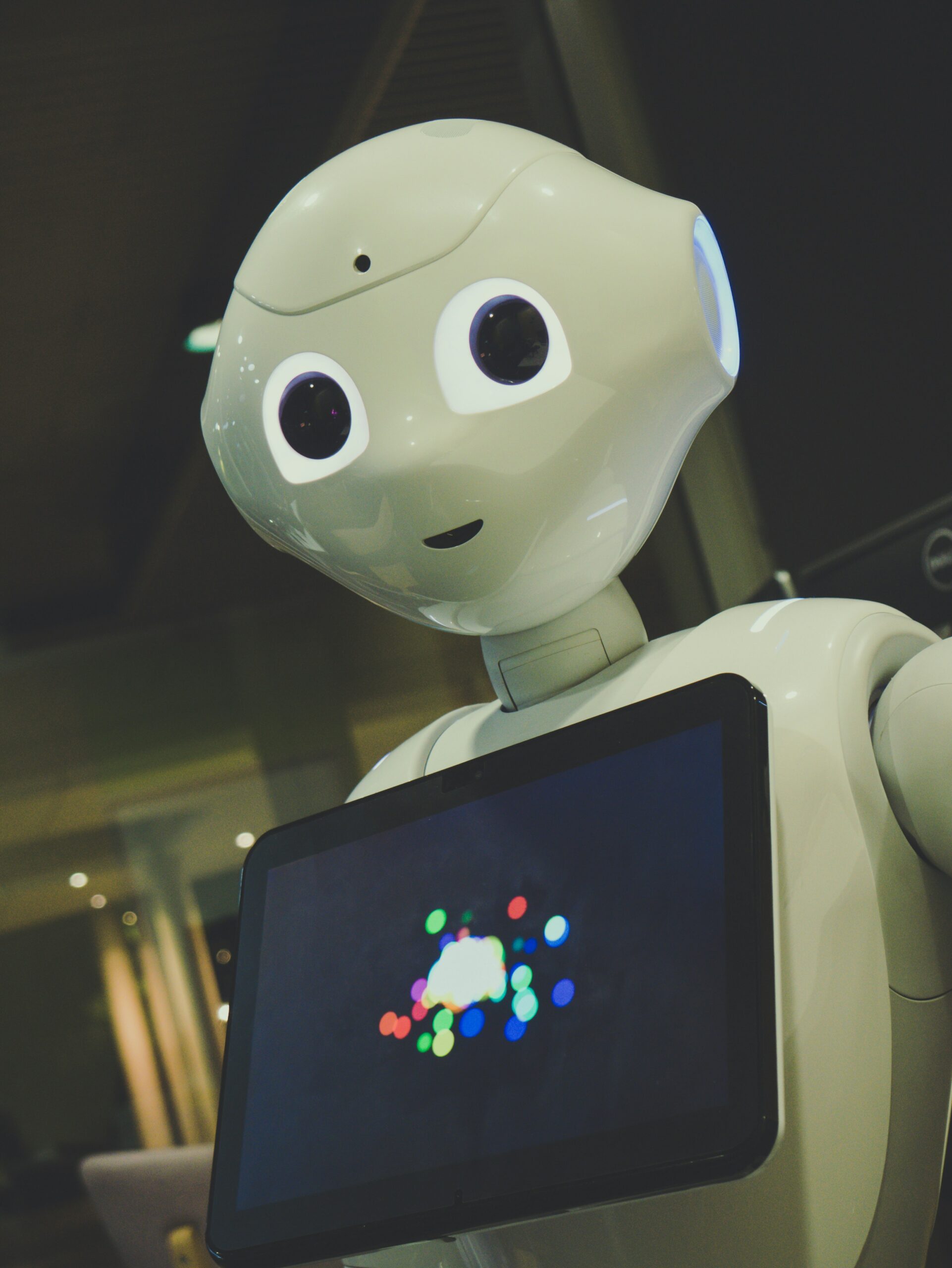AI for Social Good: How AI Can Help Solve Global Challenges

AI for Social Good: How Artificial Intelligence Can Help Solve Global Challenges
The world faces a multitude of complex challenges, from climate change and poverty to disease and hunger. While these issues seem daunting, artificial intelligence (AI) is emerging as a powerful tool for tackling them. From optimizing resource management to personalizing education, AI for social good offers innovative solutions to some of humanity’s most pressing problems.
From Big Data to Big Impact: AI’s Power to Analyze and Predict
One of AI’s greatest strengths is its ability to analyze vast amounts of data. This allows researchers and organizations to:
- Identify patterns and trends: AI can analyze complex datasets to identify patterns and trends that might be invisible to the human eye. This can be invaluable in predicting weather patterns, tracking disease outbreaks, or understanding economic fluctuations.
- Optimize resource allocation: By analyzing data on resource availability and needs, AI can help organizations optimize resource allocation, ensuring aid reaches those who need it most.
- Develop targeted interventions: AI can analyze individual data points to personalize interventions for social issues like education and healthcare.
AI in Action: Real-World Examples of Social Impact
AI is already making a difference in various sectors:
- Climate Change Mitigation: AI can analyze satellite imagery to monitor deforestation, predict extreme weather events, and optimize renewable energy production.
- Education: AI-powered tutoring systems can personalize learning experiences, identify at-risk students, and provide targeted support.
- Healthcare: AI can analyze medical images to detect diseases earlier, assist in drug discovery, and even develop personalized treatment plans.
- Disaster Relief: AI can analyze social media data to identify areas affected by disasters, optimize emergency response efforts, and coordinate resource allocation.
The Rise of Citizen AI: Empowering Individuals to Contribute
The potential of AI for social good extends beyond large organizations. Citizen science initiatives are leveraging AI tools to empower individuals to contribute to social good. Here are some examples:
- Crowdsourcing Data Collection: AI platforms can be used to collect data from a wide range of individuals, contributing to environmental monitoring or disease surveillance efforts.
- Distributed Computing for Research: Individuals can contribute their computer processing power to run complex AI simulations for scientific research or climate modeling.
- Building Inclusive AI Solutions: By involving diverse communities in the development and deployment of AI for social good, we can ensure these solutions are inclusive and address the needs of the most vulnerable populations.
Ethical Considerations and the Future of AI for Social Good
While AI offers immense potential, ethical considerations need to be addressed:
- Bias in AI Algorithms: AI algorithms can perpetuate societal biases if trained on biased datasets. Ensuring fairness and inclusivity in AI development is crucial.
- Data Privacy: Utilizing personal data for social good requires robust data privacy practices to safeguard individuals’ information.
- Transparency and Accountability: As AI solutions become more complex, ensuring transparency in their decision-making processes is essential for building trust and accountability.
By leveraging AI responsibly and ethically, we can harness its power to create a more just and sustainable future. Collaboration between researchers, developers, NGOs, and policymakers is key to ensuring AI for social good lives up to its promise.
The future of AI holds immense potential for positive social change. As AI continues to evolve, we must ensure it is used to bridge divides, empower communities, and create a world where technology serves humanity’s greatest needs.


